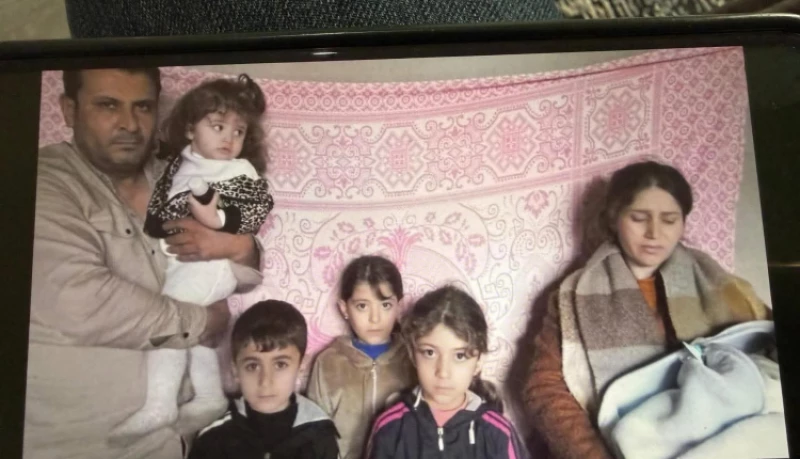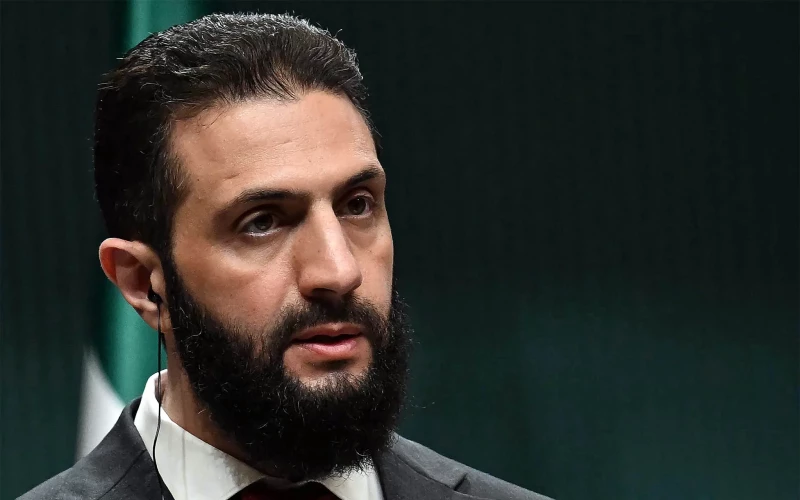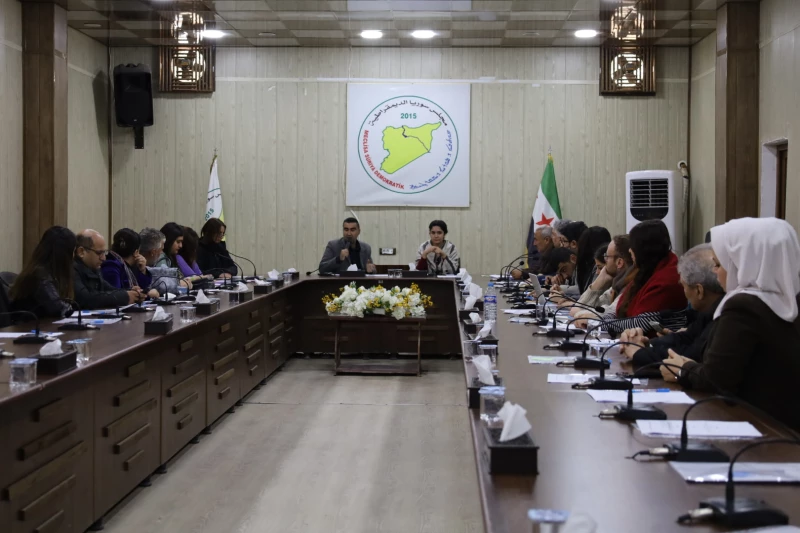ERBIL, Kurdistan Region of Iraq – Thirty-five Kurdish parties in Syria slammed on Tuesday the “token” representation of minorities in the Syrian National Dialogue Conference.
The Syrian National Dialogue Conference which began on Monday, aimed to “represent all Syrians and conclude with recommendations on governing the country,” an organizer of the event told AFP on Sunday.
The Kurdish factions in Syria, however, slammed the conference as “meaningless” for not representing all components in Syria.
“Conferences with token representation... are meaningless, worthless, and will not contribute to finding real solutions to the country's ongoing crisis,” said 35 parties in the autonomous Kurdish administration in northeastern Syria in a joint statement.
Separately, the ruling US-backed, Kurdish-led Syrian Democratic Forces (SDF) have also refused to participate in the conference.
“We as the SDF, along with every other Kurdish party, will not participate in the Syrian National Dialogue Conference,” a source from the SDF told The New Region on Monday, adding that they also “reject its outcome.”
The Kurdish National Council (KNC or ENKS) meanwhile criticized the conference in a statement.
“Selectively and individually sending invitations, far from clear criteria that ensure balanced representation… raises fundamental questions about the usefulness of the conference.”
A late January conference proclaiming the victory of the Syrian revolution saw the appointment of Ahmed al-Sharaa as the interim President of Syria, a move SDF Chief Mazloum Abdi said had not been discussed with them.
During the conference, a decision was made to dissolve the former regime’s army and armed factions, including the SDF, which controls the Kurdish enclave.
Event organizers said that they did not extend invitations to the Kurdish administration in northeast Syria as well as its affiliated bodies on account of armed groups being excluded.
The Kurds have yet to sit down and hold direct talks with authorities in Damascus regarding an agreement on the future of governance in Syria.
Abdi had told AP in early February that the Kurds in Syria do not wish to break away and form an autonomous region, adding that their “vision for Syria is a decentralized, secular, and civil nation founded on democracy.”
The US-backed Kurdish forces currently control the bulk of northeastern and eastern regions of Syria, amounting to a quarter of the territory of the country. Formed in 2015, the SDF is considered the Kurdish de facto army in Syria.
The two-day National Dialogue Conference is seen as a major step towards shaping the country’s future and governance after a civil war, which subsequently led to the toppling of Bashar al-Assad in early December.
Participants of the conference, estimated to be around 600, are set to hold workshops on the sidelines of the event to discuss transitional justice, human rights, freedom, the role of civil society, and the country’s economy.

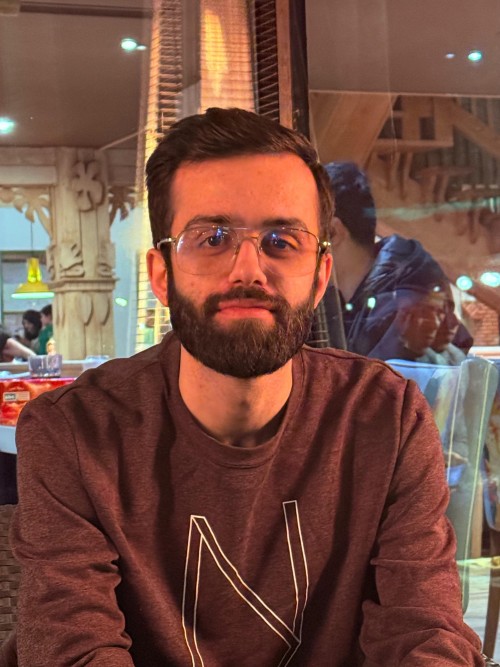
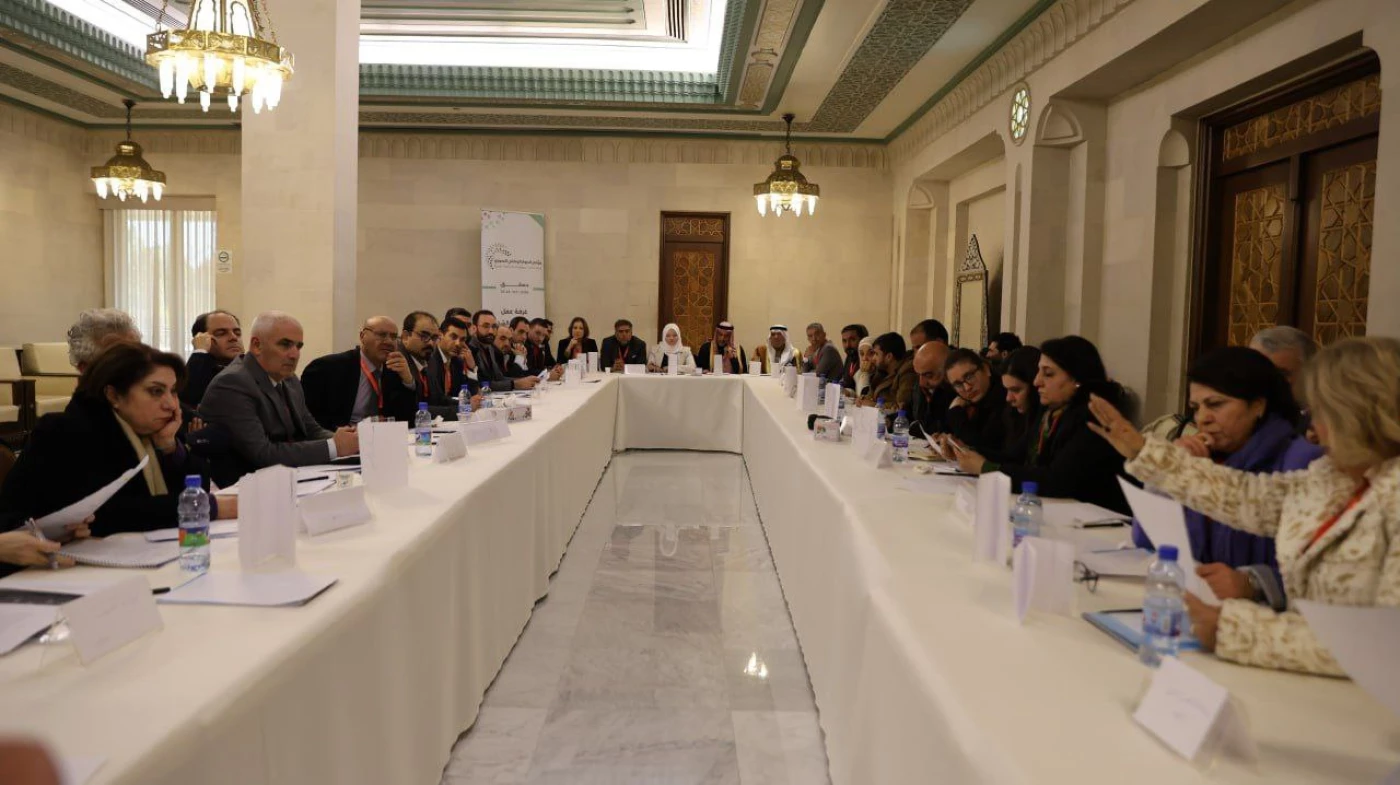
 Facebook
Facebook
 LinkedIn
LinkedIn
 Telegram
Telegram
 X
X
